
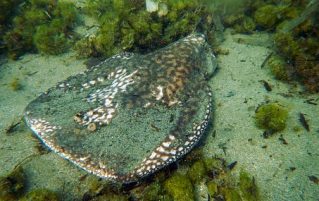
Posted: April 21, 2023
Before you settle down to revise the physics Required Practicals, including those about electricity, check out some of these fascinating facts about electricity. Thales of Miletus, a Greek philosopher, noticed
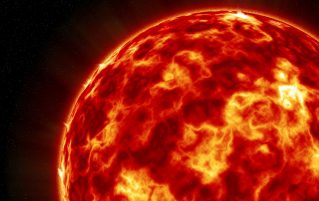
Posted: April 14, 2023
One of the required practicals you need to know is all about temperature changes. But before you start revising – how much do you know about temperatures? Differences in temperature
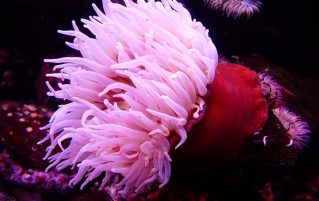
Posted: April 7, 2023
Knowing how to work with speed and velocity is important for your GCSE exams – and you could probably name some of the fastest animals in the world. But how
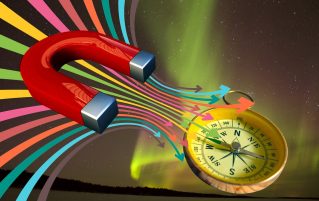
Posted: March 31, 2023
How much do you know about magnetism and electromagnetism? The Earth itself is a large magnet. The inner and outer core are made of metal, mostly iron, with some nickel.
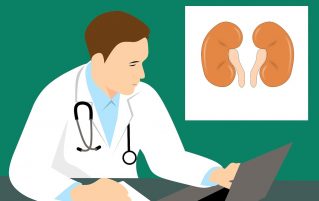
Posted: March 24, 2023
Homeostasis is the regulation of a constant internal environment. Some of the internal conditions we regulate include blood glucose, body temperature and water content. The kidneys are a vital part

Posted: March 17, 2023
While you are learning about how enzymes work in human digestive systems, have a look at the interesting eating habits of some other animals! The Japanese Macaque is one of

Posted: March 10, 2023
Most of you will have heard about Pythagoras, a very famous Ancient Greek philosopher in your Maths lessons. But before you settle down to find out how to work with

Posted: March 3, 2023
As you will have learned in science lessons, many chemical reactions are reversible. In these reactions, there is both a forward reaction and a reverse reaction. In closed systems, eventually

Posted: February 24, 2023
We all know that algebra uses letters. But there are many more fun things that can be done with letters. For example….playing scrabble! An architect named Alfred Butts invented the
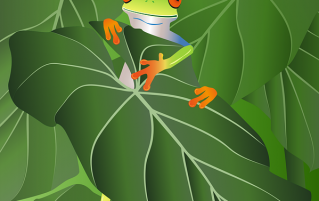
Posted: February 17, 2023
The circulatory system isn’t just about the heart. It includes all of the blood vessels which carry the blood around the body. Different animals have very different systems. The cockroach,

Posted: February 10, 2023
As you will know from your science lessons, the central nervous system consists of the brain and spinal cord. The brain is a fascinating organ – one which we still

Posted: February 3, 2023
Shapes are all around us – some we will be familiar with. We expect buildings to be a certain shape, usually rectangular, cylindrical, or circular. There are, however, some very
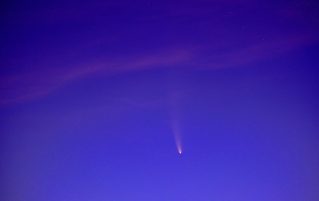
Posted: January 27, 2023
Before you learn all about covalent bonding, have a look at these amazing compounds and what they can do! Scientists are creating and discovering fascinating new materials all the time.

Posted: January 20, 2023
You will learn all about ionic bonding in your Chemistry lessons. But before you start counting electrons – read about some animals which form incredibly strong bonds! Elephants are well

Posted: January 13, 2023
We all learn about angles in our Maths lessons. But did you know that the Angles were also invaders from the Danish-German border who defeated Roman led Britain back in

Posted: January 6, 2023
We all need to learn about fractions when we are at school. But before you start practising – check out some of these amazing facts about numbers. Let’s start with

Posted: December 23, 2022
The science we learn at school, including Newton’s Laws, tell us that it is impossible for Santa to deliver presents to all the children in the world! Imagine the speed
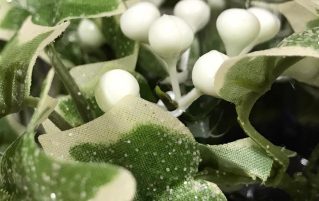
Posted: December 16, 2022
Plants are vital for life – without photosynthesis taking place, we would all be very hungry. And we would miss out on all those sprouts with our Christmas dinner! However,

Posted: December 9, 2022
There are about 700 enzymes active in the human body, some of which we need to digest our food. If only Santa Claus had a few more – he is

Posted: December 2, 2022
Protein synthesis is very important. The human body contains about 100,000 different types of protein. The body needs protein to grow, heal, and carry about nearly every chemical reaction in

Posted: November 25, 2022
Terminal velocity, as you will learn in your science lessons, is the constant speed a free- falling object reaches, once resistance prevents it accelerating. If you are travelling at terminal

Posted: November 18, 2022
Angles are all around us. We even have a musical instrument called the triangle! But before you start revising all the angle facts – why not check out some fun
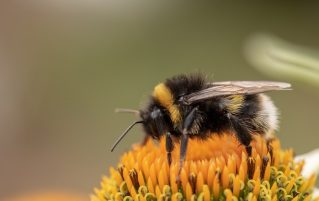
Posted: November 11, 2022
Electrolysis uses electricity to split ionic compounds into simpler substances. Metals are extracted and purified using electrolysis. You learn all about this in science lessons, but how much do you

Posted: November 4, 2022
Speed, density and pressure are compound measures – and you learn all about them in Maths lessons. Before you revise how to complete calculations on these, check out some of
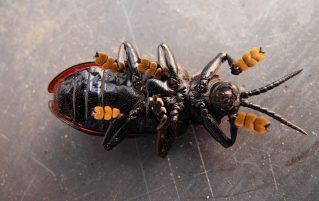
Posted: October 28, 2022
We all know our basic shapes, like squares, circles and triangles. However, scientists are still discovering new shapes, and there are other unusual shapes you may not know have names!

Posted: October 21, 2022
Number and sequences are everywhere! Before you start practising how to work with sequences – check out some of these random weird and wonderful number facts! Although the UK
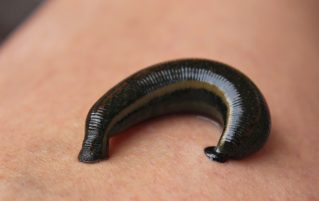
Posted: October 14, 2022
The nervous system is made up of the brain, the spinal cord and a network of neurons (nerve cells), that run throughout your body. The nervous system is really important
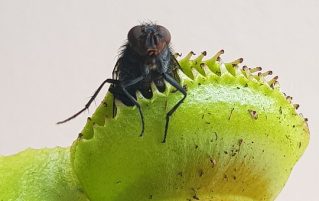
Posted: October 7, 2022
Photosynthesis is an amazing and essential process for life. But it is certainly not the only amazing thing that plants do! The world is full of fascinating plants which do
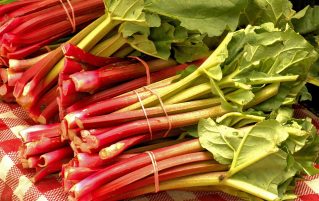
Posted: September 23, 2022
While you are revising your Required Practicals, including food tests – have a look at some of these amazing facts about food! Apparently, you can actually hear rhubarb growing! In
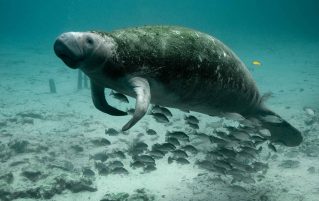
Posted: September 9, 2022
You will learn all about noble gases in school, but what do you know about the gases animals emit? You probably already know from science lessons that cows give off
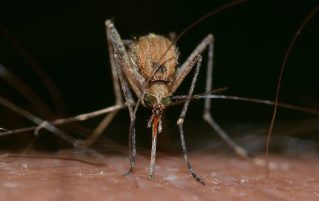
Posted: September 2, 2022
You will have heard of diffusion, osmosis and active transport in your science lessons. However, what do they really mean to you? You might think you have a great sense

Posted: August 26, 2022
Your circulatory system, also know as your cardiovascular system is amazing. We now know a great deal about how it works, but this was not always the case! The Ancient
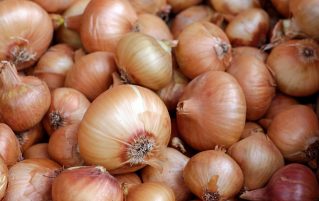
Posted: August 19, 2022
Plants have some amazing ways of surviving – and the adaptations of their leaves are very important in their survival. However, scientists believe only 20% of the Earth’s original forests
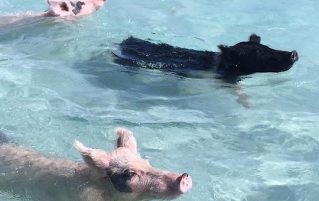
Posted: August 12, 2022
The halogens include fluorine, chlorine and iodine. You are probably most familiar with chlorine – often associated with the smell of swimming pools. But did you know that the distinctive

Posted: August 5, 2022
When you are learning about alkali metals in your science lessons – it is unlikely that fireworks will crop up too much! Do you know how fireworks came about ,

Posted: August 4, 2022
You will know from your science lessons how the menstrual cycle is controlled by hormones. The word hormones derives from the Greek “haumea”, meaning to excite. More then 80 hormones

Posted: July 22, 2022
DNA is fascinating and incredibly important. Our bodies have over 200 types of cells, all designed for different functions. It is DNA which provides the instructions, basically telling each cell

Posted: July 15, 2022
You will have encountered moles and calculations during your science lessons. The concept of moles in chemistry can be a tricky one. Before practising, why not learn a little about

Posted: July 8, 2022
As you will learn in school, different chemical reactions have different rates of reaction, which you need to know how to measure. But have you heard of these weird, wonderful,
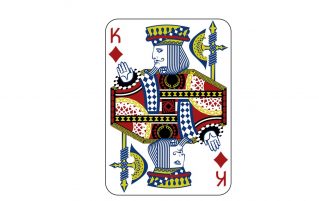
Posted: July 1, 2022
While studying covalent bonding in your science lessons, you will be familiar with graphite, and we have all heard of diamonds! But how much do you actually know about them?
